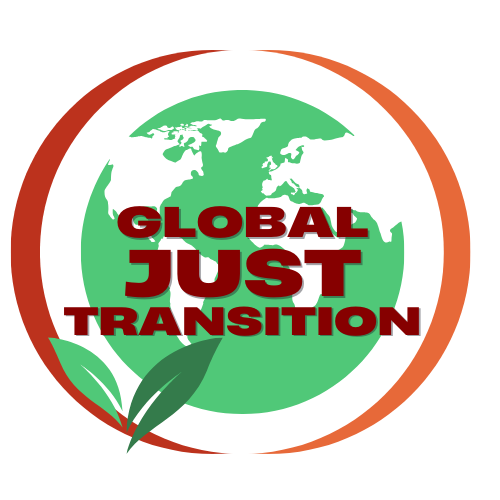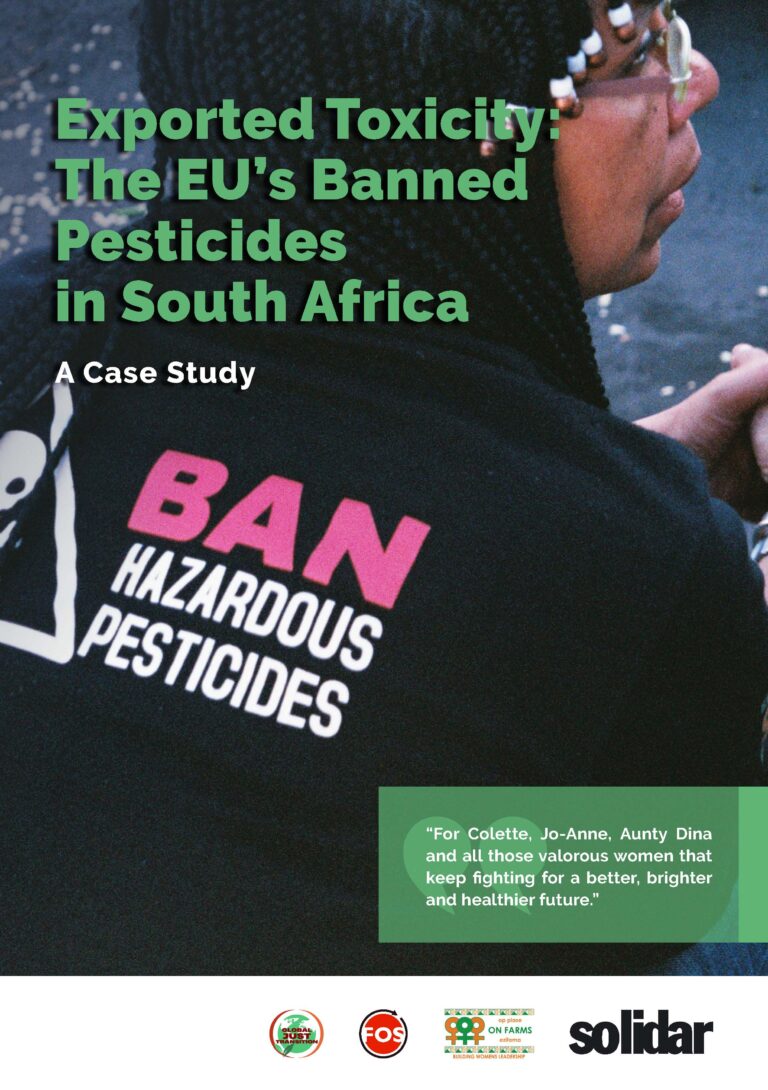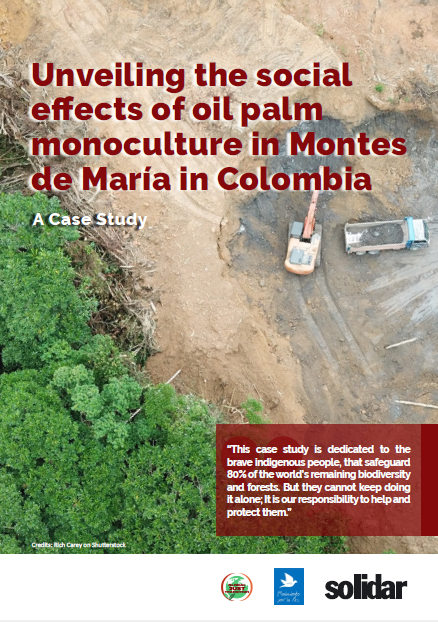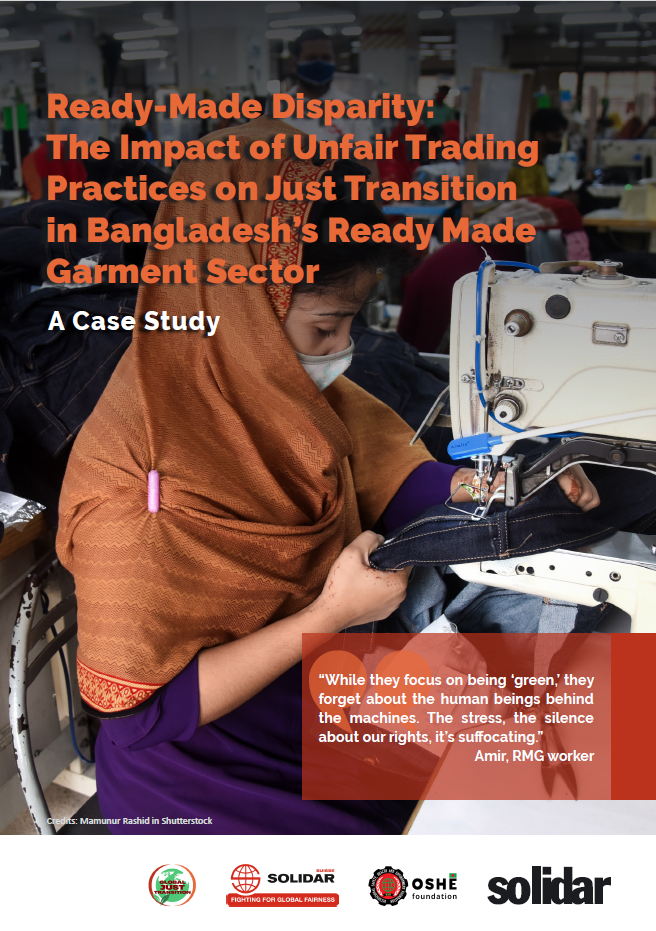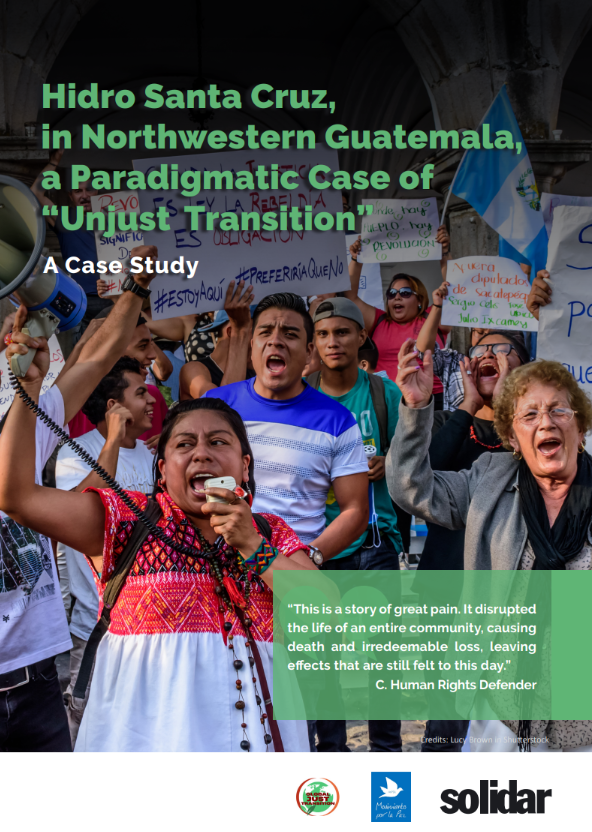Case Study | Critical Minerals, Critical Conditions: The Struggle of Nickel Mine Workers in Indonesia
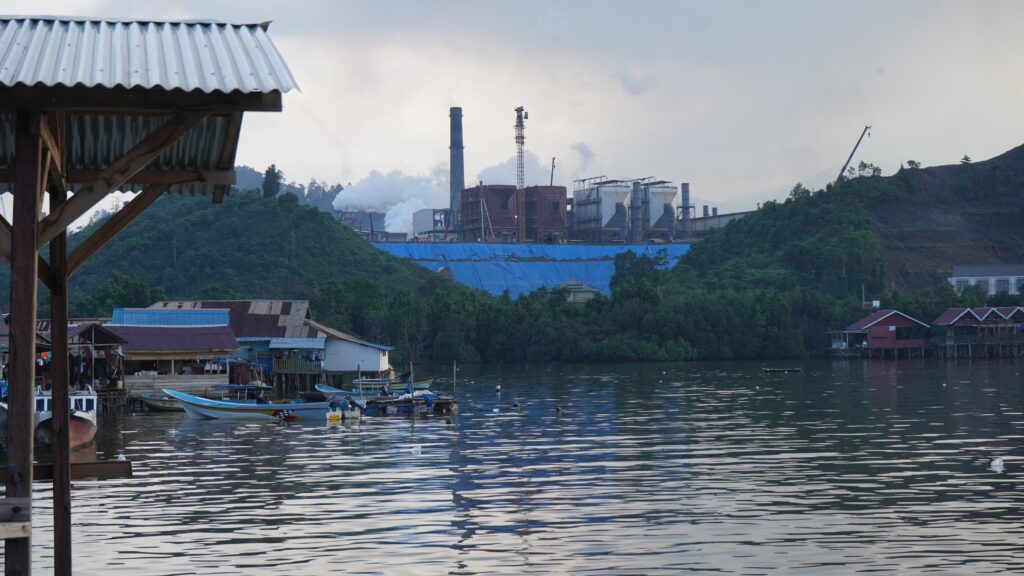
The global push for a sustainable future is boosting the demand for minerals critical to the energy transition, including copper, lithium and nickel used for electric vehicles (EVs) batteries. To achieve the Paris Agreement’s targets of net-zero greenhouse gas emissions by 2050, around 3 billion tons of minerals and metals will be required, calling for an estimated $1.7 trillion in worldwide mining investment1. Being the world’s largest producer of nickel, Indonesia has strategically positioned itself as a key player in the global nickel market, particularly in the EVs battery sector, but human and labour rights violations cast a shadow over the industry’s workers. The environmental degradation, deforestation and pollution due to toxic waste and reliance on coal for nickel smelting plants, directly affects workers’ health, exposing them to hazardous conditions. Additionally, the labour-intensive nature of the industry raises the potential for increasingly exploitative working conditions, including extended working hours and inadequate safety measures. At the same time, workers and their communities face economic dependency on this volatile sector, placing their livelihoods at the mercy of global market shifts.
This study poses questions about Indonesia’s role in this geopolitical landscape, the shared international responsibilities and the actions required to guarantee fair working and living conditions for the industry’s workers and their communities. Furthermore, it prompts deeper reflection on the patterns of ‘extractivism’: how the European and global exploding demand for nickel has led nickel processing companies to disregard the rights of workers and their communities, while the workers themselves are so vulnerable they have no choice but to endure exploitation.
This case study is published by SOLIDAR in coordination with its member Solidar Suisse, and carried out by their partner INKRISPENA – Research Centre for Crisis and Alternative Development Strategy. INKRISPENA is a social research institute based in Indonesia, which focuses on social scientific research around the economic crisis and its socio-political impacts on society.
This is the last publication of the series of case studies within the campaign “Global Just Transition: Not Just for (E)U“, which calls on the EU to promote a socially and environmentally just transition not only in the European Union but also worldwide. Within the framework of this campaign, every month we have published a case study from different Global South countries, each of them shedding light on the harmful effects of the European Green Deal’s lack of an external dimension on partner countries. But the fight does not stop here. We will keep advocating for a truly Global Just Transition, to ensure that the burden of greening the EU economy will not fall on the shoulders of Global South countries.
Our future is shared, and we must shape it together.
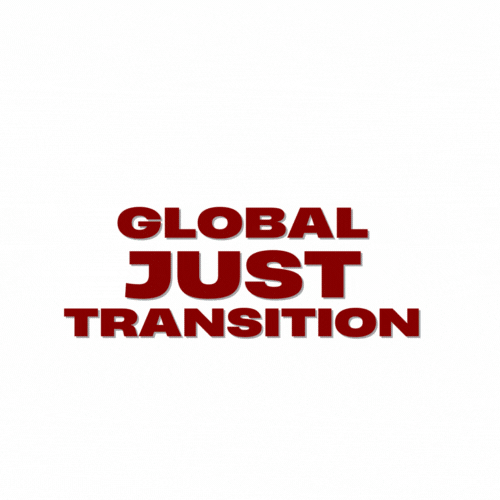
1 World Bank (2022) “Mineral-Rich Developing Countries Can Drive a Net-Zero Future“.


